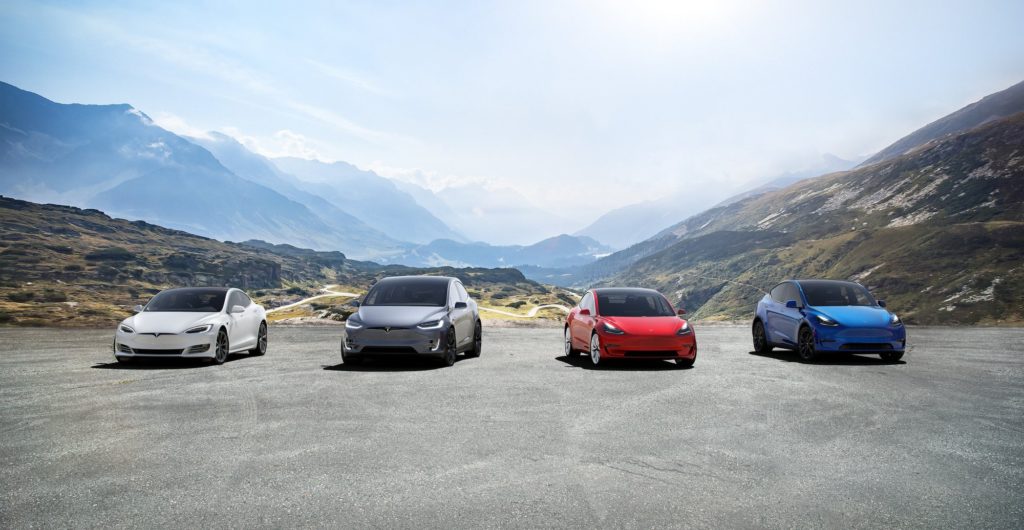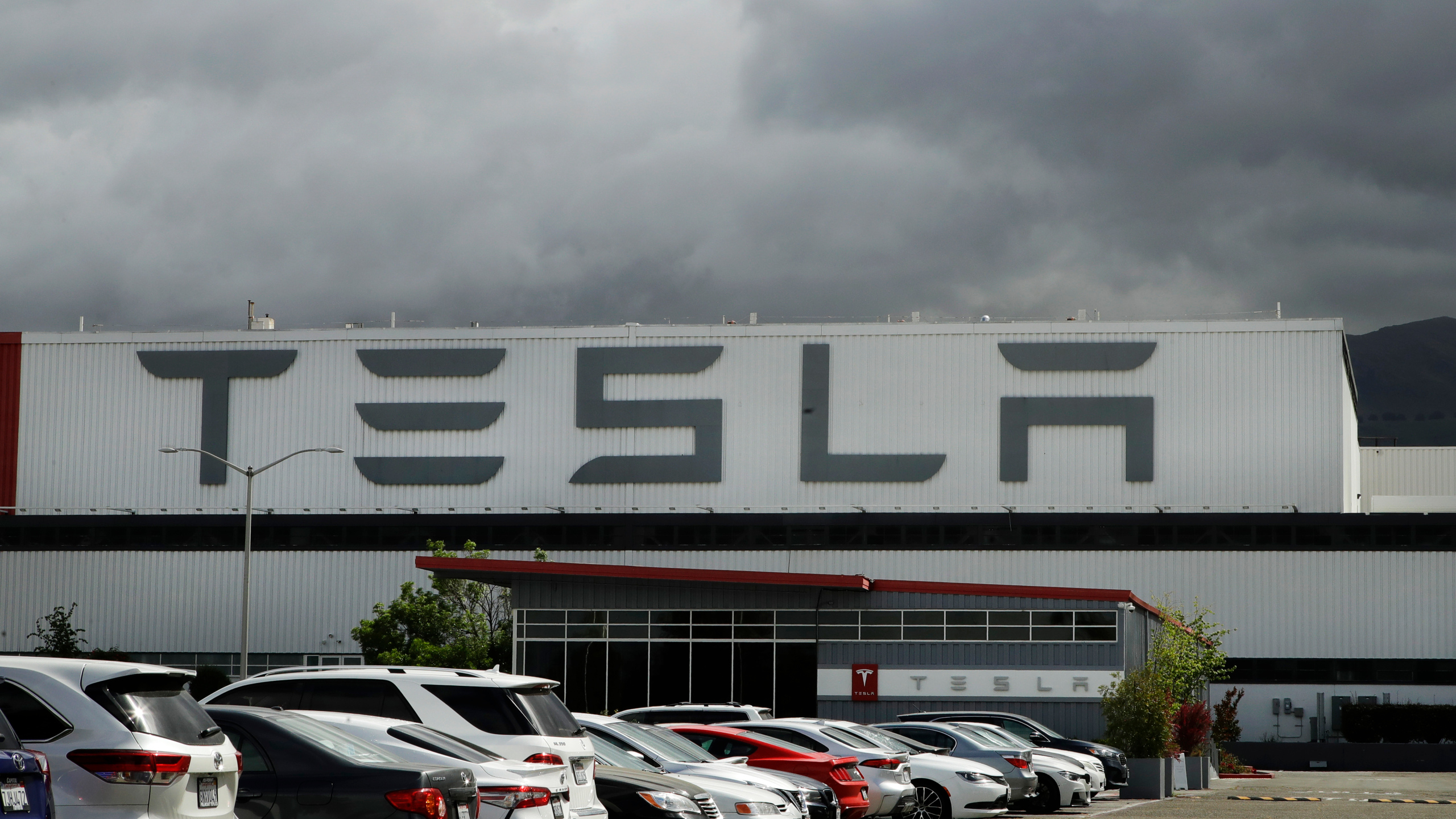As the Next Avenue recently reported, Tesla claimed the title of the world’s most valuable carmakers overtaking Toyota. This week, the company’s market value hit a high of $300 billion. This come just months after CEO Elon Musk worried investors by tweeting the share price of Tesla was “too high” at $780.
The recent share price surge of over $1,500 has made even the biggest Tesla optimists have cause for concern as the company’s valuation averages more than 60 times analysts expectations for core earning in 2020. These numbers suggests Tesla will ultimately become the world’s dominant carmaker. However, not everyone is jumping on this band wagon.
Electric vehicle analyst Matthias Schmidt said of the valuation “It is an irrational bubble,” adding “perhaps more appropriately a massive tidal wave of investors irrationally investing in a brand with little knowledge of the business while shrewd, experienced market investors, perhaps going against all of their rational financial experience, are taking advantage, putting their wet suits on and riding the Tesla wave, boosting the price further.”
Furthermore, Analysts at Evercore ISI noted that regardless of the fact that Tesla’s valuation seems “dislocated from traditional valuation metrics” it is still a challenging task to predict whether or not the company will realign to its original foundation.

In the largest equity short ever seen, short sellers have borrowed upwards of $20 billion in Tesla shares to sell in hopes that prices will fall. In the event that prices fall, the short sellers will then purchase the shares back. However, swift share price increases could cause short sellers to abandon their bets at an upsetting cost.
Piper Sandler analyst, Alexander Potter, raised his target price for Tesla this week from $939 to $2,322, thanks to gains in market share as well as self-driving software subscription fees. On the other hand, separate Piper Sandler analysis suggests that Tesla on TV news is “fairly strongly” related to a higher share price.
It is clear that these numbers are controversial to automotive analyst all over. Many analyst continue to be skeptical. Schmidt noted that Tesla had an “open goal” in Europe and North America. However, major carmakers were not prepared to bring electric cars to market.
Tesla delivered more than 90,000 cars to customers in the second quarter of 2020. A number that beat expectations regardless of the restrictions put on the auto industry caused by the coronavirus pandemic. Tesla is also currently in the works of expanding its Shanghai factory to serve the world’s biggest car market, China.

